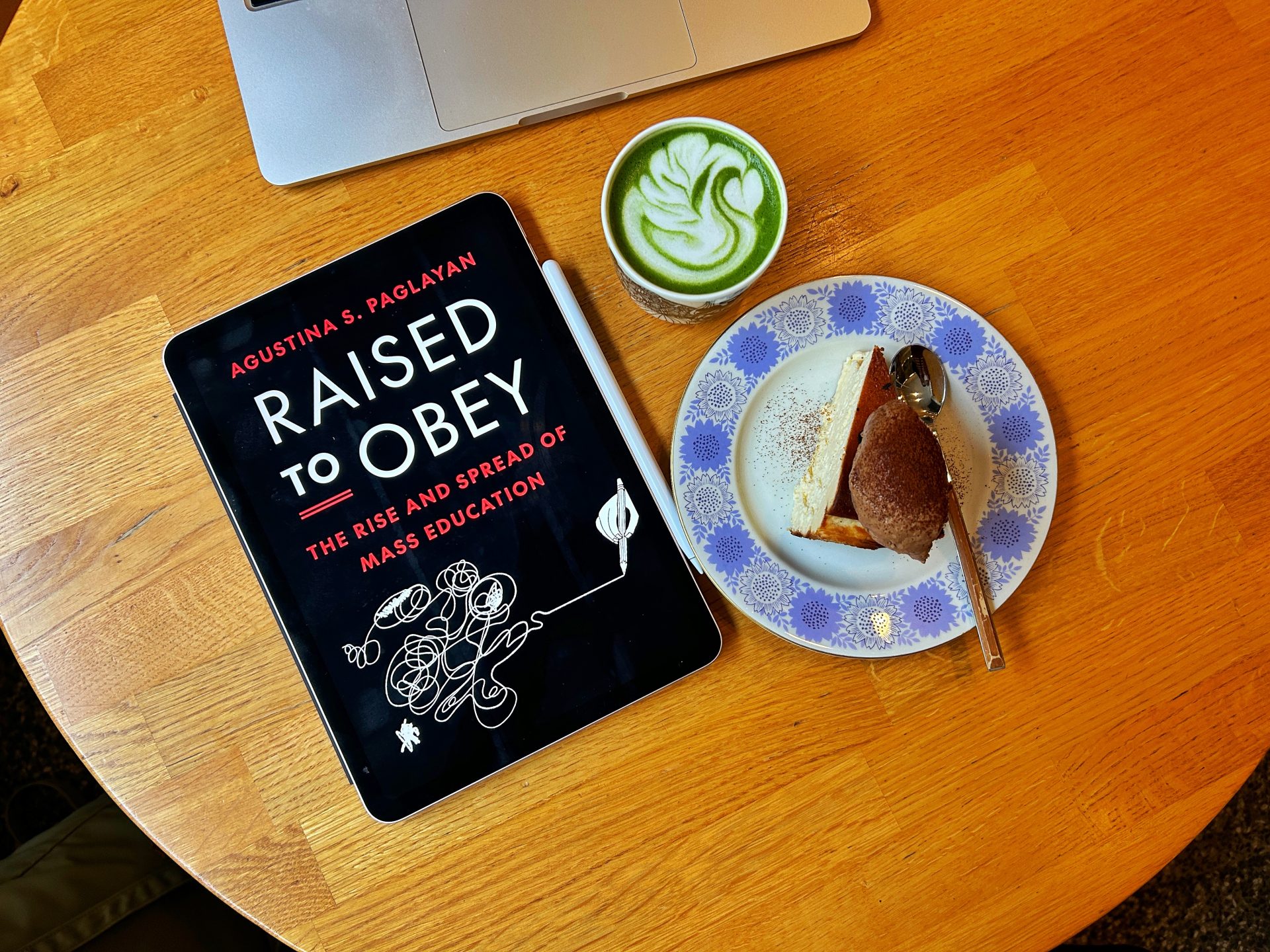Growing up, I was taught that education was the magic key to a better life, offering pathways to equality and financial security. But as I got older, I realized that education alone doesn’t automatically reduce poverty or create equal opportunities. Despite this, I still believe that education has the power to shape better humans and responsible citizens. Yet, it’s clear that there are obstacles in education, such as barriers often set by those in power to maintain the status quo, for reasons I can’t fully grasp and continue to question every day as I search for answers.
Having foundational education in Indonesia and later in Northern Europe, I often find myself comparing the two systems. Each reflects its unique history and values, but these differences can be troubling when I consider what they imply. As I reflect on the curriculum I experienced in Indonesia and keep up with current changes from afar, I see a noticeable decline in quality and a concerning shift away from values like critical thinking and activism. Today, Indonesia’s education system feels as though it’s moving backward—leaving teachers overwhelmed and students with limited capacity for independent thought.
In Indonesia, universities once served as hubs for social activism. Students led movements, challenged injustices, and took an active role in shaping society. But today’s students are being steered toward internships and career readiness, not societal engagement. Social media further emphasizes this shift by celebrating job titles and corporate connections over activism and critical thought. Many parents, too, seem to prioritize their children’s employability over their capacity to think critically about society.
The Indonesian education system has gradually shifted from empowering students to fostering compliance. This shift became especially apparent when a former CEO of a tech startup took on the role of Minister of Education. With recent labor law changes that favor employers, it’s unsettling to see students prepared for a job market that values compliance over rights.
I can’t help but feel both concerned and curious about why the government isn’t reforming the curriculum to truly prepare students for the modern world, especially given this backward shift in education. Are they simply uninterested in helping the country compete globally?
Reading Raised to Obey by Agustina S. Paglayan offered me a refreshing and thought-provoking perspective on the hidden motivations behind public education systems. The book reveals how maintaining social order, rather than addressing inequality or poverty, has often been the driving force behind these systems. This insight satisfied my long-standing curiosity about the purpose of education and made me reflect on its implications closer to home.
Although the book primarily focuses on Western contexts, such as the U.S. and Europe, I found its ideas surprisingly relatable to the educational landscape in my own country. It opened my eyes to how deeply ingrained these patterns might be worldwide. Before reading this, I, like many others, had taken the goals of public education at face value. Now, I see it in an entirely new light.
Education’s Hidden Agenda: Prioritizing Social Control Over Equality
Raised to Obey reveals an uncomfortable truth: education systems were created to promote social stability by teaching obedience. Governments didn’t set up public education systems to encourage upward mobility but to ensure social order. For example, during times of unrest, ruling elites would expand access to primary education, not to empower people, but to instill loyalty and discourage dissent.
In this book, Paglayan argues that elites historically invested in education to prevent revolts. When they sensed threats to their power, they expanded primary schooling as a way to shape loyal, compliant citizens. This approach was common in the West, where primary education emphasized discipline over critical thinking, reinforcing social hierarchies instead of challenging them.
Reading this, I can’t help but draw parallels to what is happening in Indonesia today.
Education as a Tool of Control
Education in the 19th century saw governments stepping in to control what children learned, taking this role away from parents and religious institutions. They introduced curricula designed to instill obedience, not to inspire growth or critical thought. The goal was to shape “good citizens” who would accept their place in society, not to foster social mobility.
While education has since expanded to include secondary and higher education, the foundations of many systems remain rooted in control rather than empowerment. In the 19th century, basic education aimed at the lower classes, while secondary and higher education was reserved for the wealthy. This division reinforced social status rather than challenging it. Education reforms were less about equality and more about maintaining order.
Rethinking Education for the Future
Reading Raised to Obey broadened my understanding of why education systems evolve the way they do. It reveals the hidden motivations behind how elites originally designed public education. Rather than fostering personal and societal growth, many systems remain tied to maintaining the status quo.
I’m incredibly grateful to have found the book. It has opened my eyes to how governments shape these systems and reminded me of the importance of staying critical and vigilant about educational policies. This book has inspired me to rethink and take an active role in defining what education should truly aim for. While we may not be able to change the system on our own, we can still guide the younger generation around us. By teaching them to think independently and encouraging them to become active and caring members of society, we can help build a future that values growth over control.
Author: Agustina S. Paglayan
Publication date: 19 November 2024
Number of pages: 384 pages


Leave a Reply